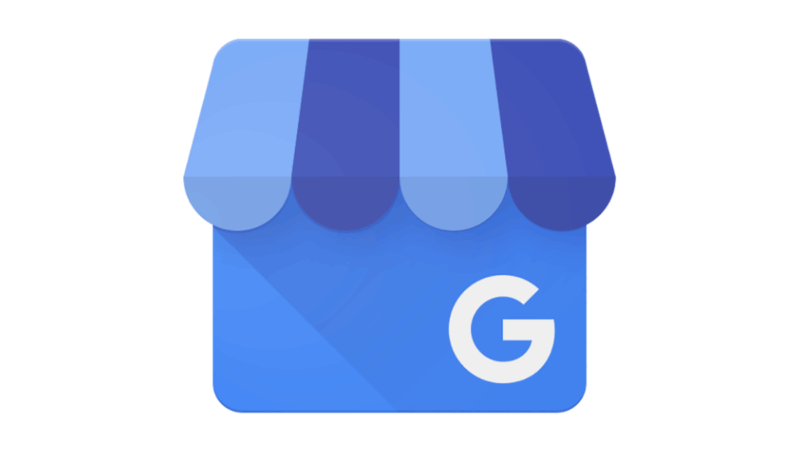How I Started A $21K/Month Chimney Service Company While Working Full-Time
Hello! Who are you and what business did you start?
Hi everyone, my name is Mitchell and I’m one of the three founders of Patriot Chimney. We sweep, repair, and build chimneys and also service and repair dryer vents around the Roanoke Valley in Virginia.
We created the company in order to provide really, really awesome, transparent, and trustworthy chimney and dryer vent services in our region. You see, chimney companies don’t typically receive a positive reputation and we’re out to change that. In fact, we’ve been fortunate enough to provide our services to more than 350 homes in an area that spans from Lynchburg, VA all the way down to Blacksburg, VA. What’s more is that we’ve also been able to generate more than $212,000 in revenue during our first year, with 8% of that being net profit.
I studied marketing in college, but my experience in the past few years has been a mix between marketing and sales, so my focus is primarily around building the sales and marketing strategy for us. My brother (Matt) and a friend of his (Billy) focus on the operations, actually getting on the roof and doing some real dirty work.












































